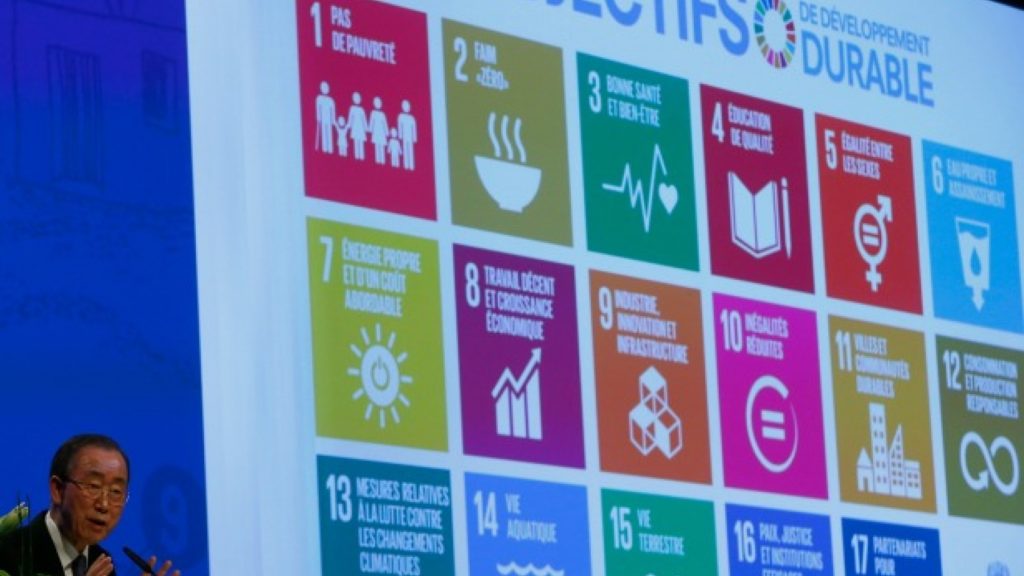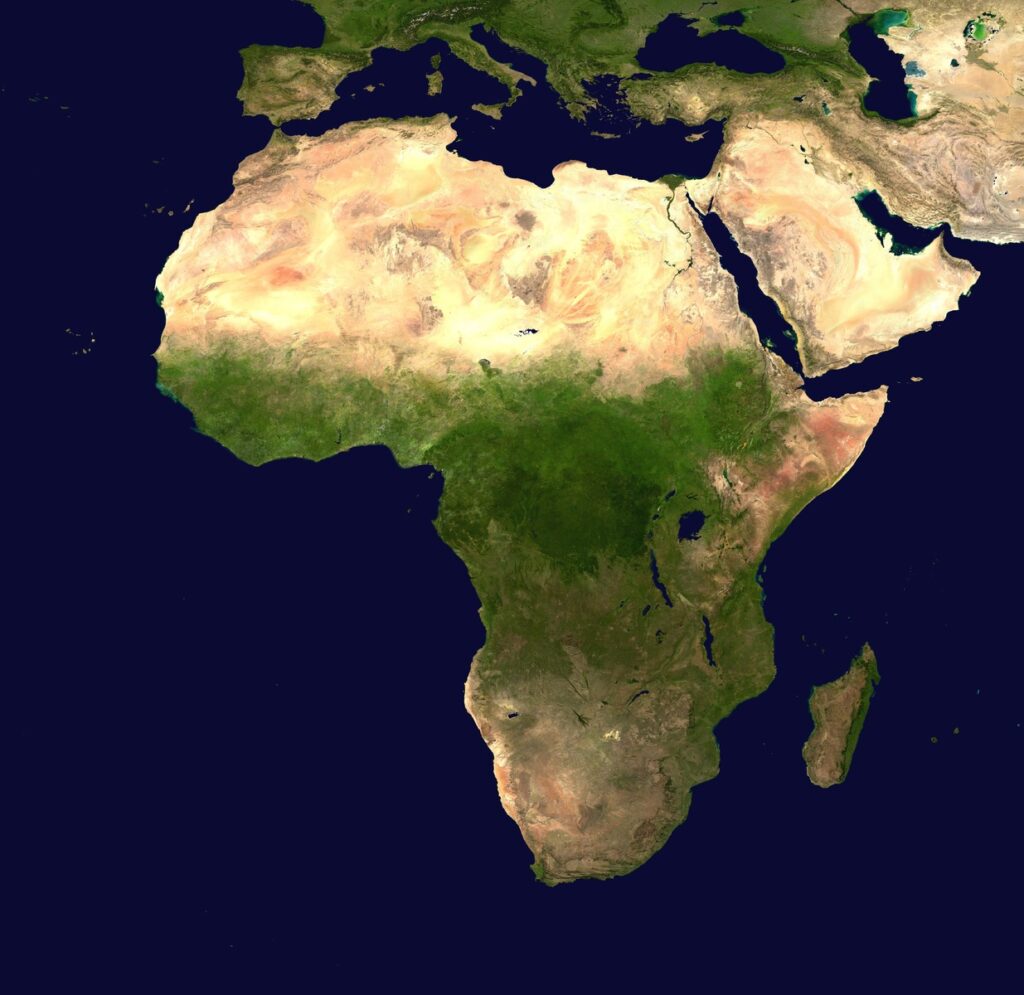From Lifeline to Lifeblood: Reframing Food Diplomacy to improve Health Outcomes and meaningfully combat Food Insecurity

ABSTRACT Food security remains an urgent and multifaceted challenge, particularly in the developing world, where it intersects with conflict, poverty, and anthropogenic climate change. This paper explores how food insecurity is both a cause and consequence of geopolitical instability, exacerbated by war, ethnic marginalization, socio-economic inequality, and the politicization of humanitarian aid. While food […]
Healthcare Access for Indigenous Communities in Rural Canada: A Narrative Review and Interdisciplinary Framework for Action

ABSTRACT Indigenous communities in rural Canada face persistent barriers to accessing equitable healthcare services. These challenges stem from a confluence of factors, including geographic isolation, systemic racism, jurisdictional complexities, and cultural insensitivity within healthcare systems. This narrative review examines these multifaceted barriers and proposes an interdisciplinary framework to enhance healthcare access for Indigenous populations in […]
Cultural and Religious Modern Values in the Indian Mediation System

ABSTRACT Many disputes depend on cultural barriers. Due to this, clear communication and effective resolution across the globe are impossible. Religious leaders and diplomats must take part in effective mediation to enable the parties to resolve the dispute. Otherwise, if the resolution does not come forth, war is possible. This paper investigates the foundations and […]
Base Erosion-Profit Shifting Challenges in the Digital Economy in Sub-Saharan Africa: A Framework for Fairer Tax Treaty Cooperation

ABSTRACT The digital economy has created profound challenges for global tax systems, particularly in Sub-Saharan Africa, where traditional frameworks based on physical presence are inadequate for addressing the complexities of modern trade. This paper delves into the intricacies of base erosion and profit shifting (BEPS) practices that have drained vital tax revenues from the […]
Would Africa’s Lag To Modernity Not Be An Opportunity For So-Called Civilized Nations To Build A Better World?

ABSTRACT Using the case study Ellet framework, the author examines to what extent boosting Africa’s rise is a global opportunity for so-called civilized nations to make a better world. Africans are facing an array of challenges. Most people consider that Africa needs to develop to reduce poverty and inequality, while issues like education, demography, […]
Preventive Diplomacy in South Sudan: Analyzing Conflict Recurrence, Resolution Dynamics, and Prospects for Early Intervention

A B S T R A C T Preventive diplomacy is a crucial instrument for addressing political instability and violent conflict throughout Africa, especially in fragile states like South Sudan. This study critically examines the recurrence of conflict in South Sudan, with a particular focus on the role of preventive diplomacy in mitigating tensions and […]
The Role of Islamic Finance in Advancing the United Nations Sustainable Development Goals (SDGs): Case Studies and Critical Gaps in the Banking Sector in ASEAN Countries

ABSTRACT This paper critically examines the extent to which Islamic banks in ASEAN countries genuinely contribute to the United Nations Sustainable Development Goals (SDGs) beyond symbolic or performative compliance. While Islamic finance shares many ethical principles with the SDG agenda — such as financial inclusion, equitable growth, and environmental stewardship — there is growing […]
The Role of Human Capital in Economic Growth: Education as a Driver of Development in Kenya

A R T I C L E I N F O A B S T R A C T Article history: Received: 04/11/2025 Accepted: 05/11/2025 Posted Online: 05/11/2025 This paper critically examines the role of human capital, particularly education, in driving economic growth in Kenya. While gains in access have contributed to rising literacy […]
Adapting Family Farming to Climate Change in Togo and Nigeria: Economic and Ecological Issues

ABSTRACT Family farming ensures food security and sustains local economies. However, this traditional agricultural model is increasingly vulnerable to climate-induced disruptions such as rising temperatures, erratic rainfall, droughts, and floods. These challenges severely impact crop yields, threaten household incomes, and undermine the sustainability of agricultural systems. This article provides a comparative analysis of adaptation strategies […]
Strengthening Primary Health Care Through Primary Care and Public Health Integration In The Southern Region (SNNP) of Ethiopia: National and International Implications

ABSTRACT Ethiopia’s healthcare system strives to make numerous efforts to improve the primary healthcare system. The fragmentation of the public health and healthcare systems, challenges in accessing comprehensive care, and repeated epidemics are becoming increasingly complicated. The study aimed to examine the integration of essential public health functions in the primary care provided […]



